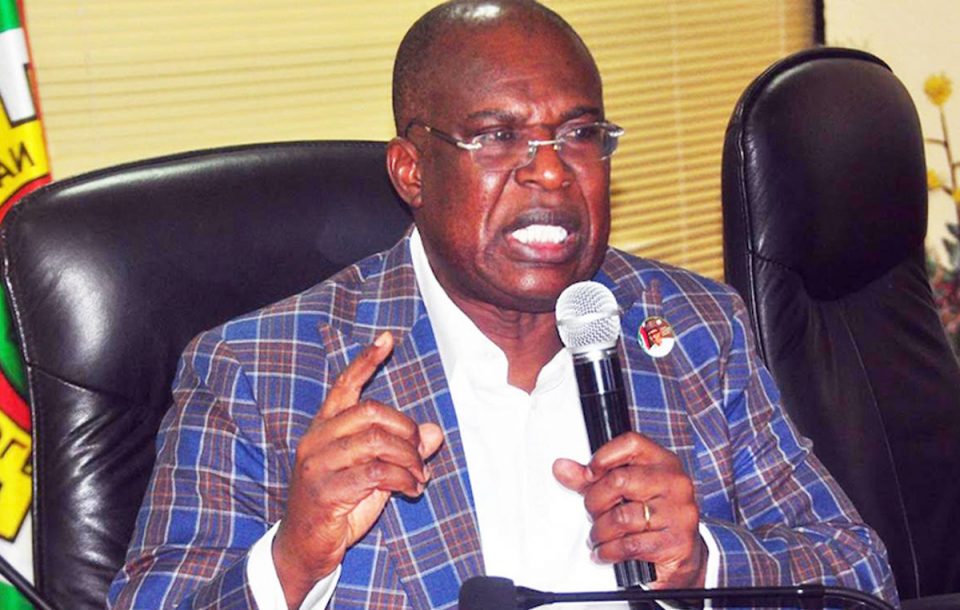The Federal Government has revealed that it will engage oil producing communities in the Niger Delta on issues regarding the three per cent of operational costs allocated to them in the just passed Petroleum Industry Bill PIB.
Minister of State, Petroleum Resources, Timipre Sylva disclosed this yesterday in Abuja when a group of Ijaw elders, leaders and critical stakeholders visited him to congratulate him on the passage of the PIB after 20 years.
Sylva, who tasked host communities on effective management of the funds, lamented the situation where communities in the Bonny Island cannot access funds paid to them by the Nigeria Liquefied Natural Gas Company NLNG following court cases instituted by some individuals.
He also said he has extracted the commitment of multinational oil firms to relocate their operational headquarters to the Niger Delta and urged the elders to continue to sensitize communities on the need to secure public assets in their areas.
The minister said: “We are planning, alongside the Minister of Information, to hold town hall meetings in the host communities after the presidential assent to the PIB. We need to have more stakeholders’ engagement on the three per cent allocated to the communities. People need to know that it is from production costs and not from profit. The production cost is always higher than the profits.
“Today, I can tell you authoritatively that we are on the last mile of the oil economy. Economies around the world are now discussing renewable fuel.
“We must understand that very soon, we might wake up and find out that oil is not as valuable a commodity as we thought before.
“Coal did not finish before the world moved away from coal. There is still a lot of coal deposit in Enugu today but if you give some of it to someone, he might not appreciate it because the world has moved away from coal.
“We must support every effort to ensure that the oil we have today is produced and sold so that we can get the benefits.
“For the past 20 years, we have been struggling to pass the PIB and that introduces a lot of uncertainties in he horizon because when you are in the process of amending your laws, investors would hold on to see what the amendment will be.
“That was why since the last 20 years, investments in the sector was on hold. Last year, there was over $50bn investment in Africa and what came to Nigeria was $3 billon because of the uncertainty in the sector.”




